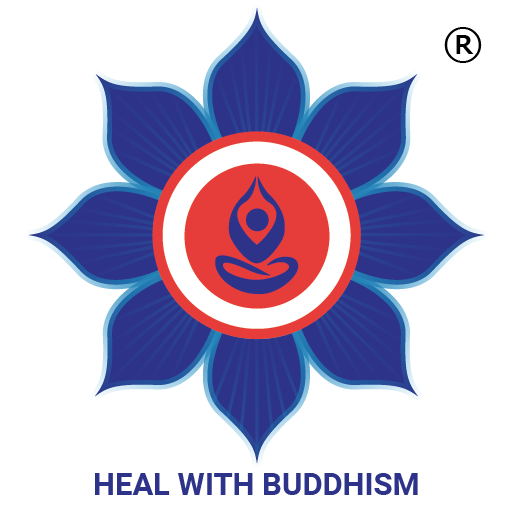As you may remember from my first blog, Buddhism contains three inseparable component: Buddha, dharma and sangha known as three-Rathna [Triple-Gem]. In this blog, it is my intention to share some thoughts about dharma and Sanga, which constitute an important part of Buddhist society.
Prince Siddhartha who later became the Lord Buddha the Gauthama, was born to one of the most privileged families in modern day Nepal during 5-4th BCE. Historical evidence around this era suggest, he would have witnessed a society similar to our current one. A society with power imbalance that created unequal distribution of essential needs [food, water, medicine, clothes and shelter], education and social justice for those who are vulnerable [women, children, disabled and underprivileged].
But the Buddhist community that was born with the enlightenment of Gauthama Buddha was a sub-culture within the existing Hindu-Aryan society rather than a religious cult or a liberal rule against it.
It was more of an unique educational institution that constitute of
Lord Buddha
The founder who advised his disciples to follow his teachings [“Saddharma”] with intelligence but not as a blind faith or command.
Saddharma
The teachings, which included dharma [the knowledge] and vinaya [the rules & regulations] that provided guidance to create a sustainable society through a governance rather than a rule.
In his last words, Lord Buddha asked his disciples to keep Dharma [Dhamma] as their teacher. When you hear the word “dharma”, different meanings may come to your mind according to your cultural or religious background. But in Buddhism, the teachings of Lord Buddha known as Saddharma means the universal truth, which not only contains the knowledge about the universe [dharma] but also the rules and procedures to follow [vinaya] in order to create a civilized society that could support the path to enlightenment. It is said that the 84000 collection of universal truth disclosed by Lord Buddha is only a drop of water from the ocean compared with what he discovered himself through enlightenment.
Because, the intentions behind Lord Buddha’s teachings were to provide clear guidance for individuals towards the path to Nirvana without confusion or information overload. If you are a Buddhist learner like myself, you must appreciate the limited edition, because you must have come across the complexity of the teachings in terms of understanding, despite of it being clear, precise and concise.
Vinaya [Rules and procedures] taught in Buddhism is divided into two:
-
- Gihi- Vinaya: more of a guidance than a rule for lay-men and women to create a happy, healthy and peaceful society in order for them to enter the path of Nirvana, while attending to normal day to day life activities.
- Pavidi-Vinaya]: strict set of rules and procedures for those who have entered the Buddhist ordain with the intention to attain Nirvana in this lifetime.
Sangha
Community where any individuals could live with dignity without discriminating others either as a monk, nun, lay-man or women despite of their social background in the existing Hindu-Aryan society [kings & queens/ prince & princesses/ businessmen and women/ tradesmen].
It was a community that provided equal opportunities for both men & women not only to access basic needs but also education and training to:
-
- Be responsible for your own wellbeing while supporting the others
- Live by example in order to protect the rights of your own and others
- Live in moderation respecting ecological and economic boundaries
- Serve fellow humans while protecting other beings and environment
Over the centuries, Buddhists may have adapted other religious rituals as a way of survival. But, Buddhism still remains as one of the oldest teachings that supports sustainable society through a lifestyle, which embrace
– Wisdom [“pangnaa”]
– Compassion or loving kindness [“maithree”]
– Benevolence [“karuna”]
– Pure joy unadulterated by self-interest [“muditha”]
– Equanimity [“upekkha”]
At AROGYA PTY LTD, it is our mission to create a society with individuals that not only respects the rights of others [including vulnerable humans and animals], but also live by example to protect them. As the CEO, I kindly request you to join our programs based on ancient Buddhist teachings to achieve your own personal goals, while creating a better society for yourself and others.

